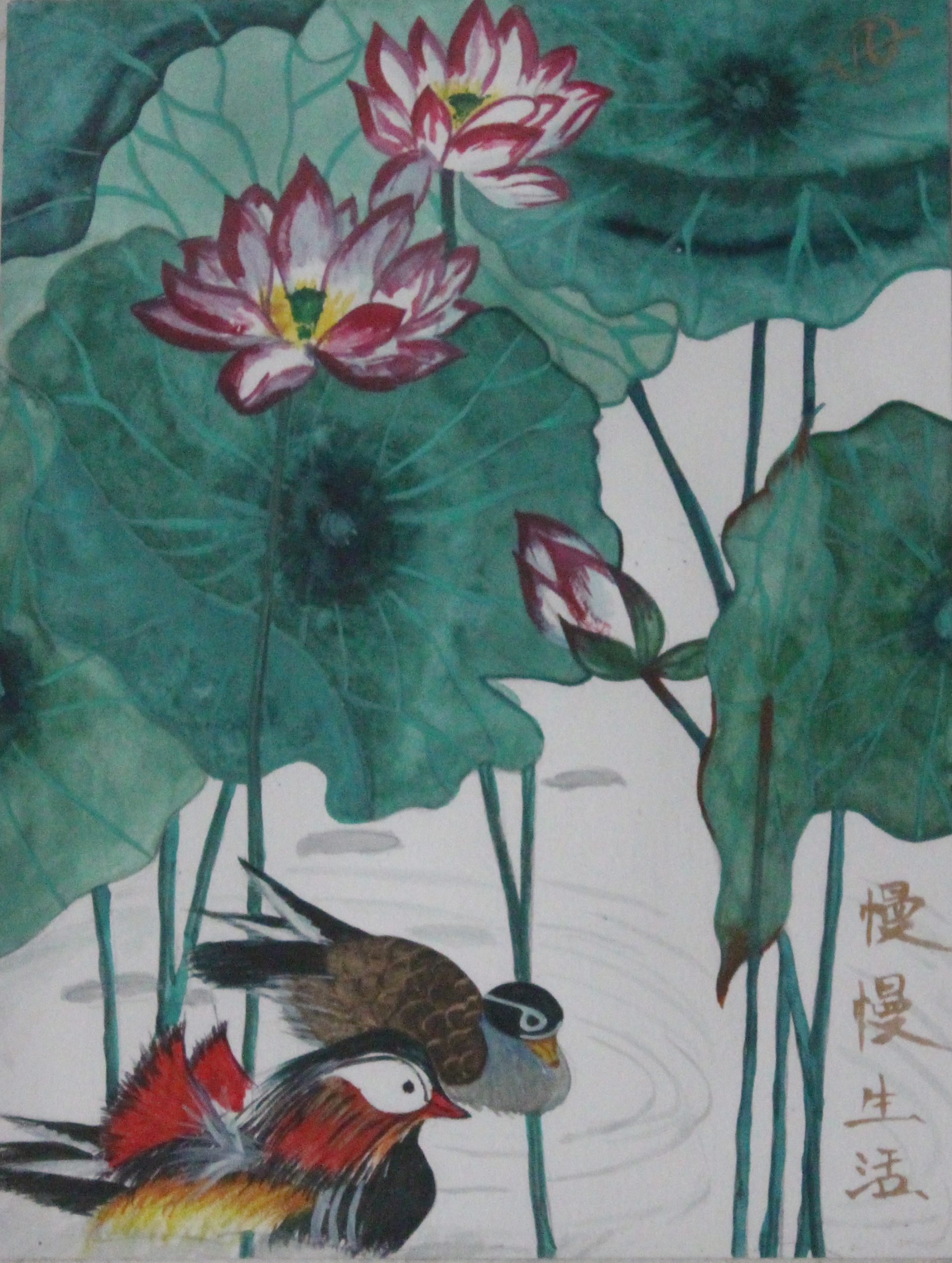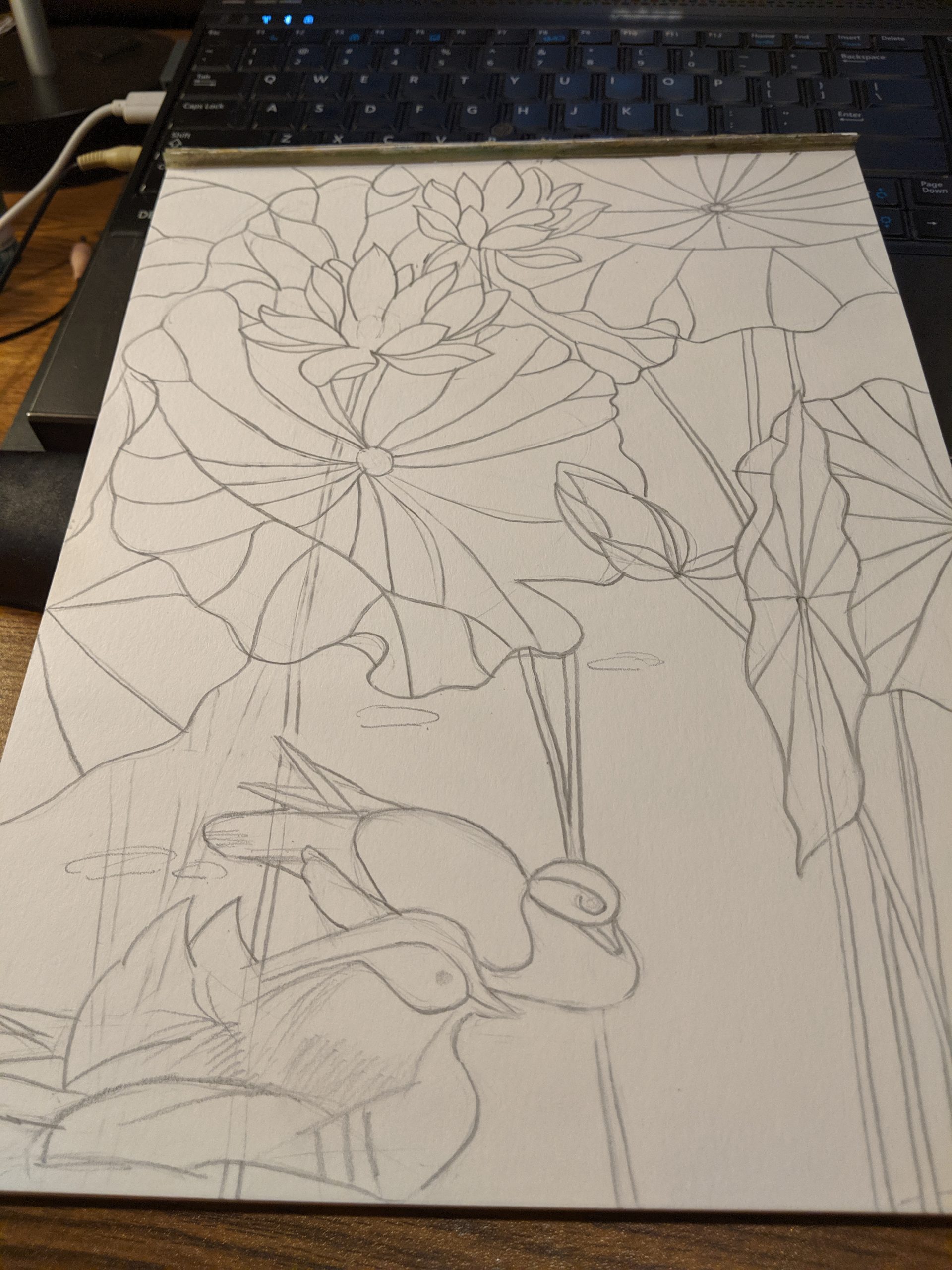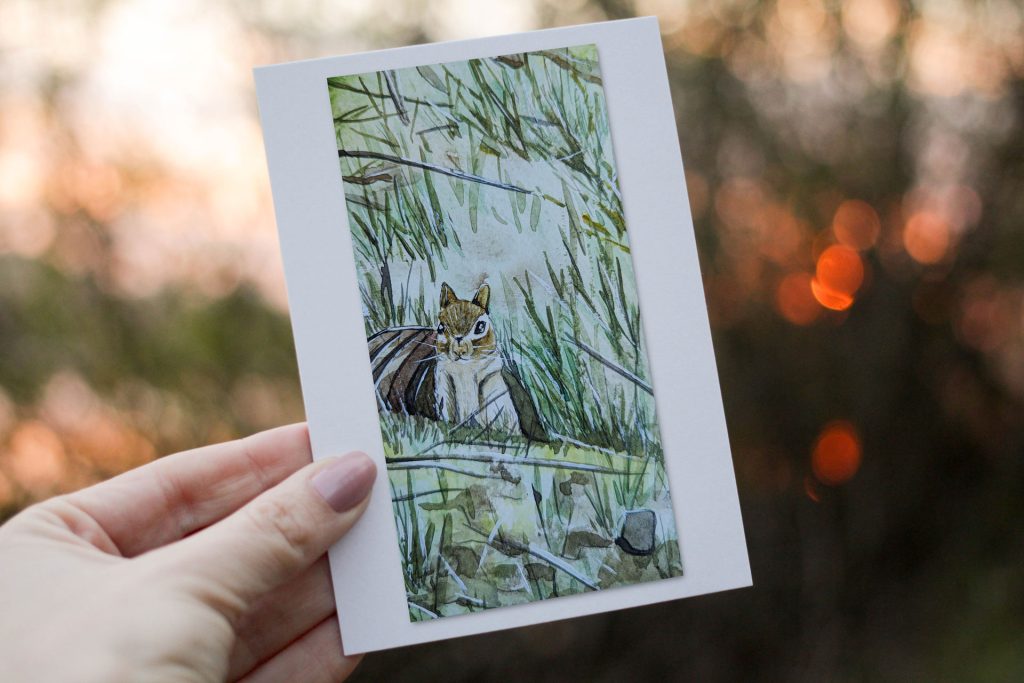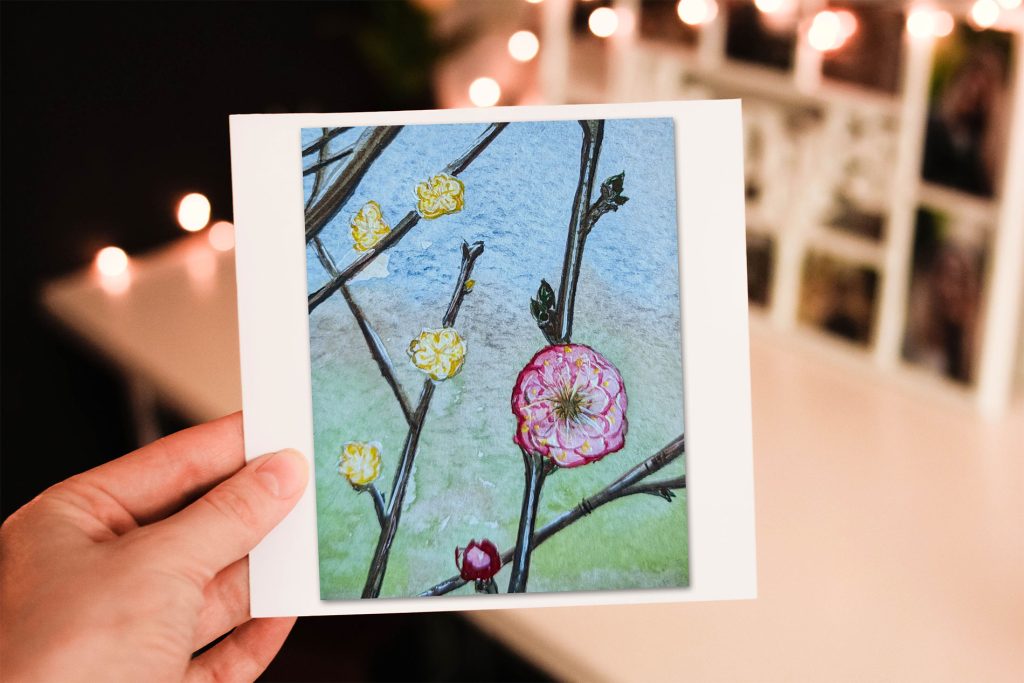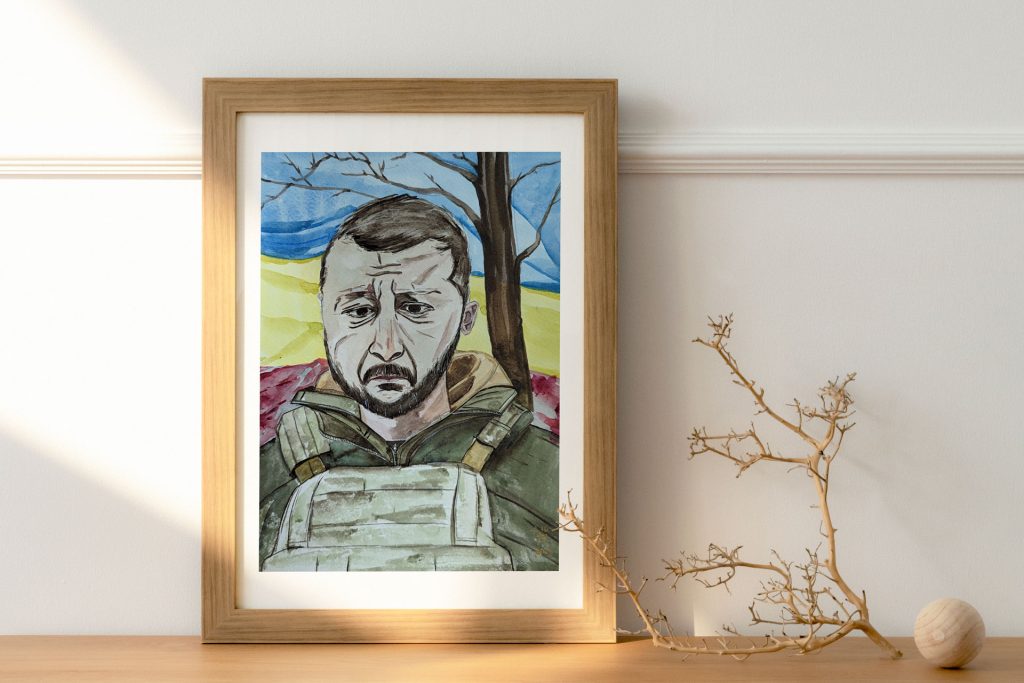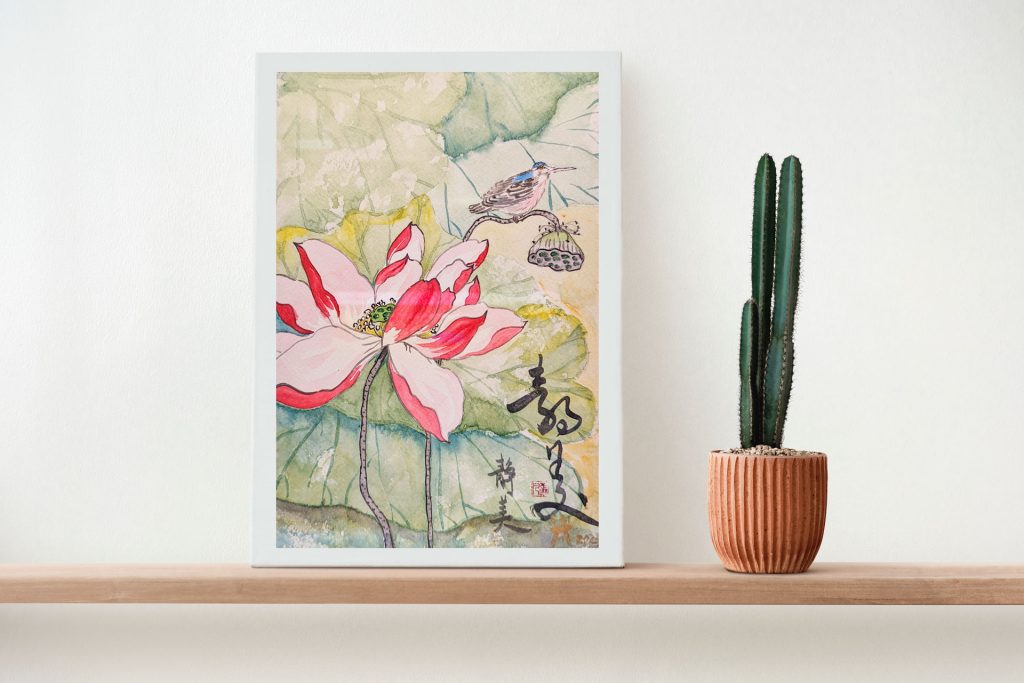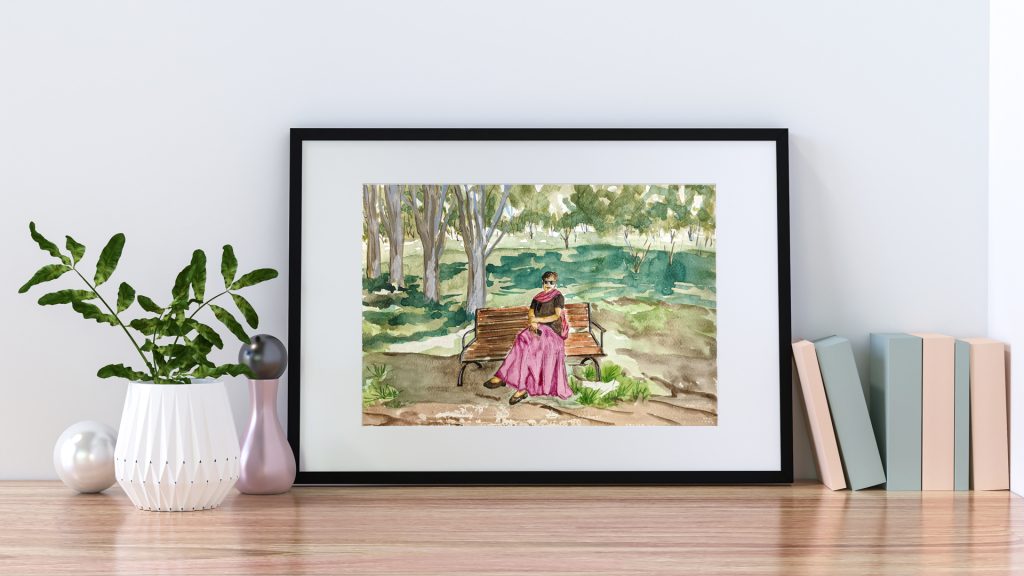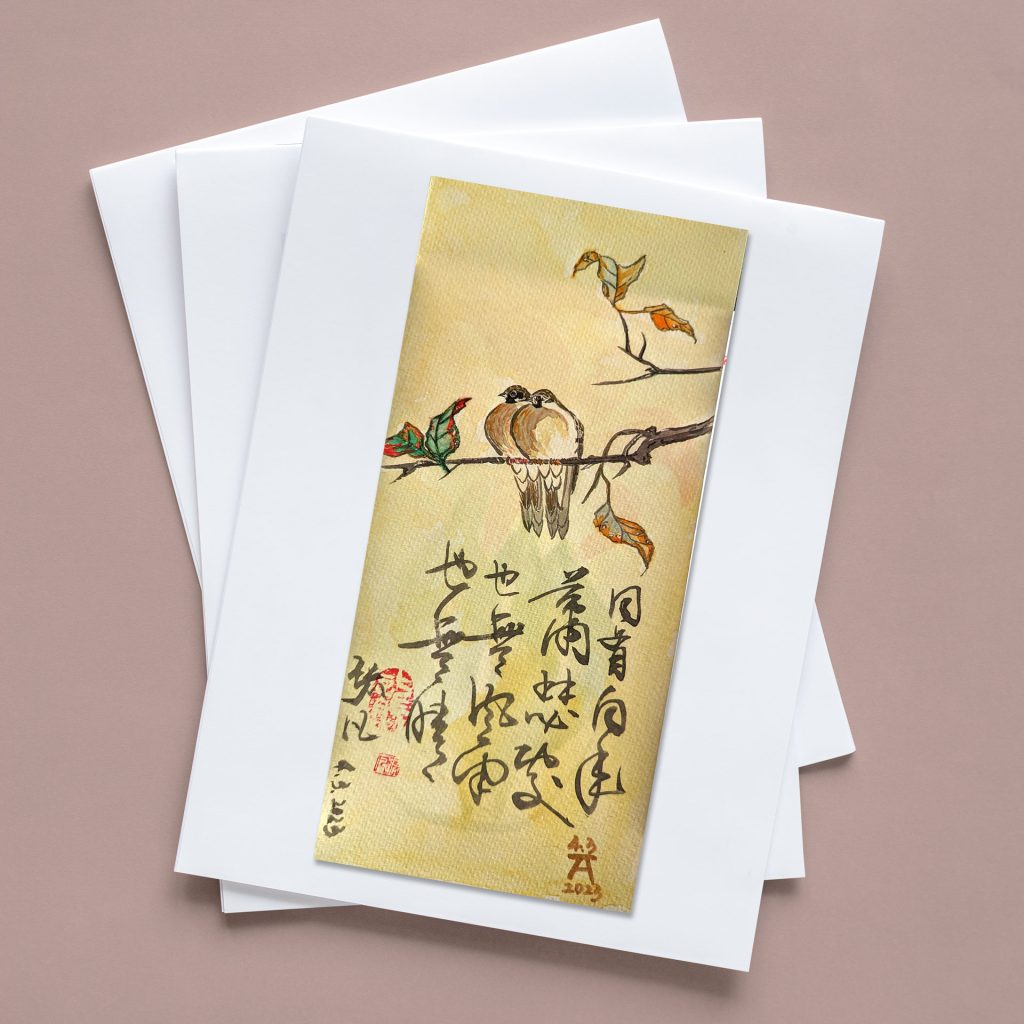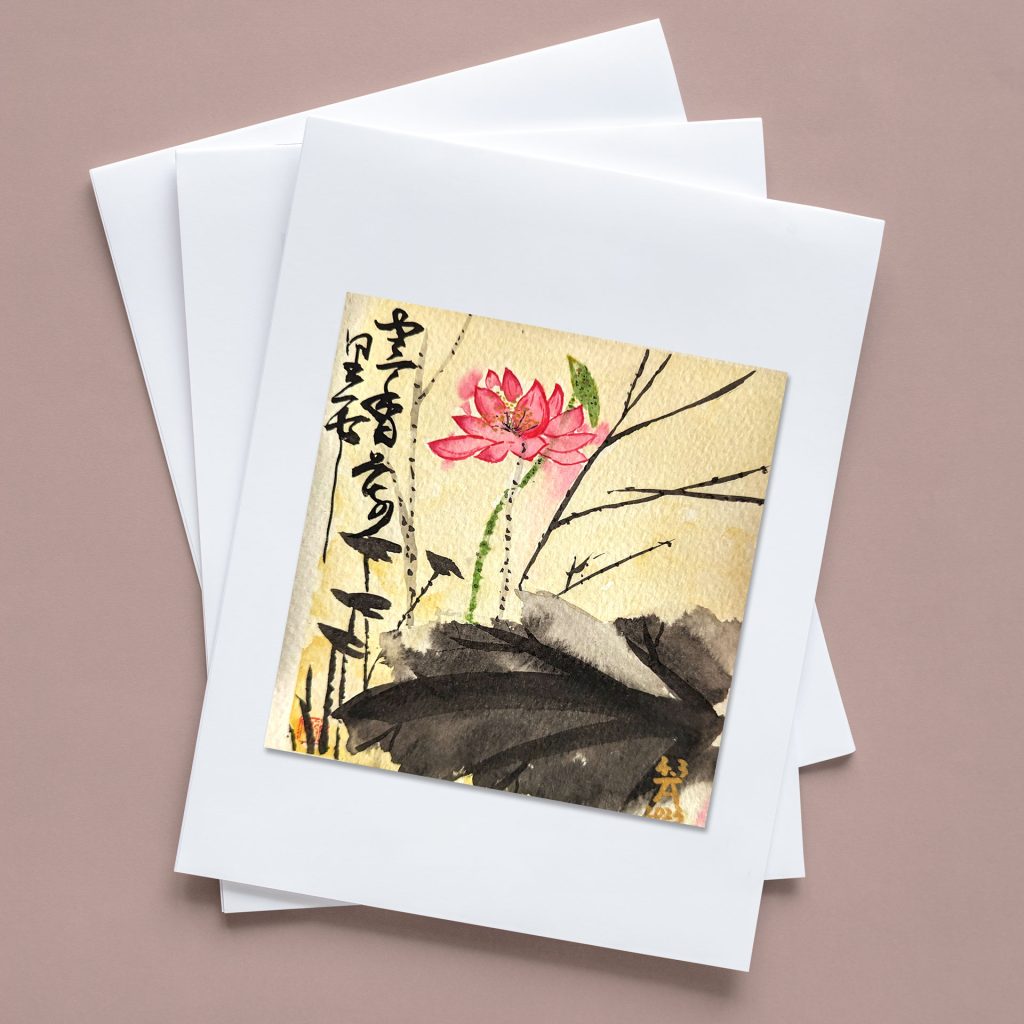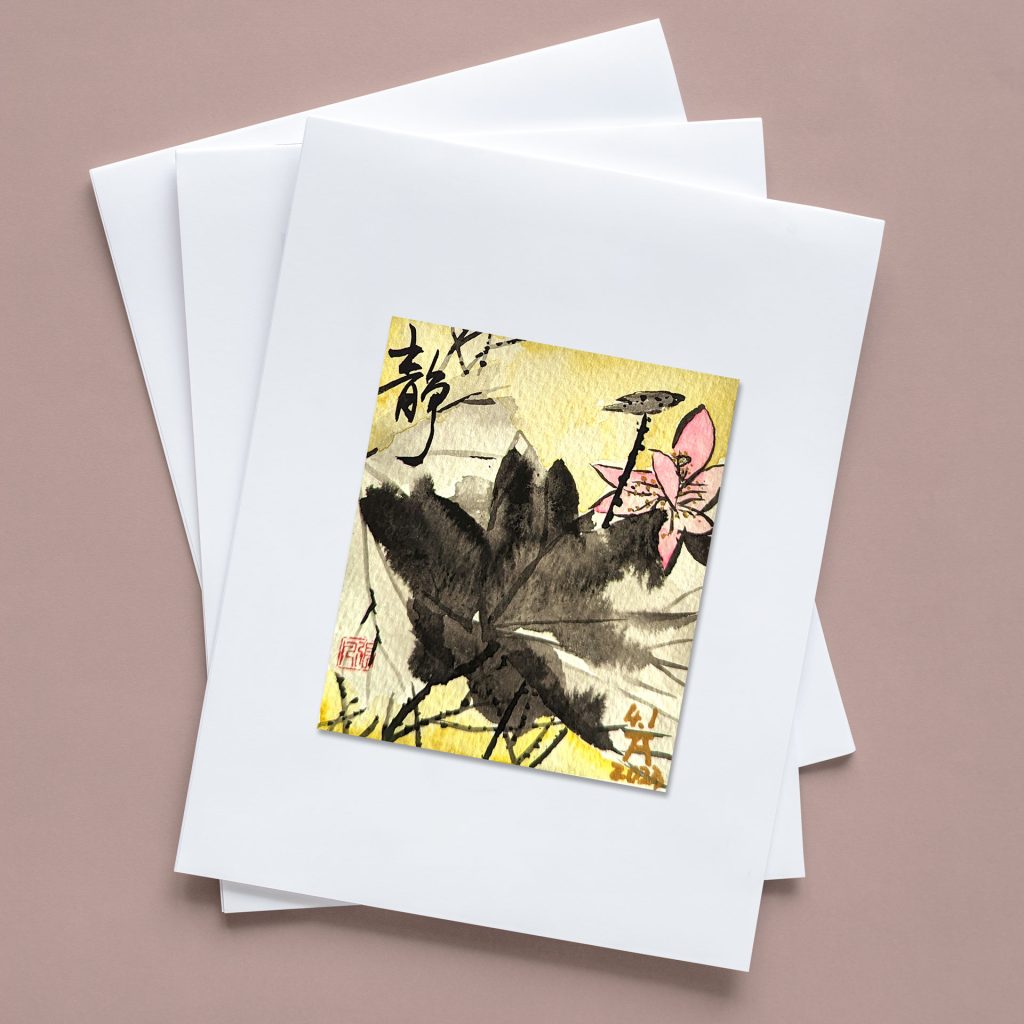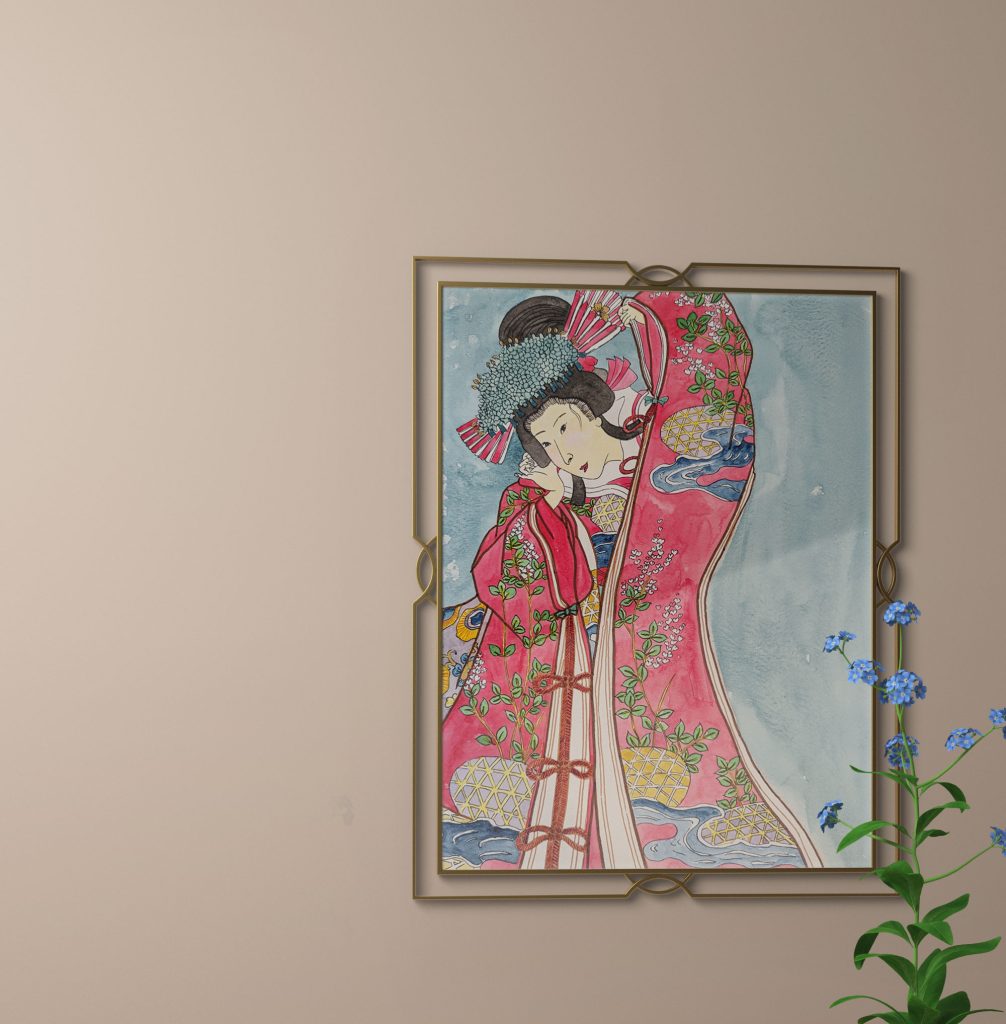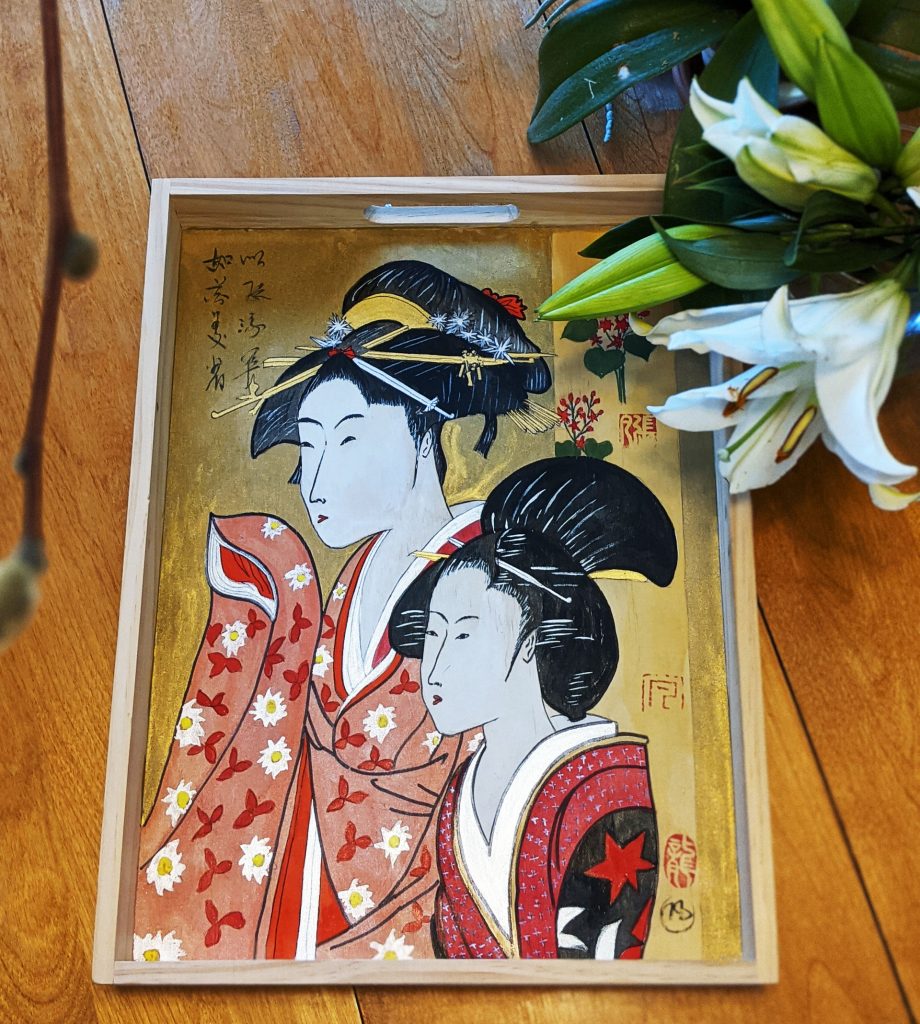$19.00
The Chinese refer to Mandarin ducks as yuanyang (simplified Chinese: 鸳鸯; traditional Chinese: 鴛鴦; pinyin: yuānyāng), where yuan (鴛) and yang (鴦) respectively stand for male and female mandarin ducks. In traditional Chinese culture, mandarin ducks are considered to be companions for life and are regarded as loving couples. Hence they are regarded as a symbol of conjugal affection and fidelity, and are frequently featured in Chinese art.

A Chinese proverb for loving couples uses the mandarin duck as a metaphor: “Two mandarin ducks playing in water” (simplified Chinese: 鸳鸯戏水; traditional Chinese: 鴛鴦戲水; pinyin: yuānyāng xì shuǐ). A mandarin duck symbol is also used in Chinese weddings because in traditional Chinese lore, they symbolize wedded bliss and fidelity. Because the male and female plumages of the mandarin duck are so unalike, yuan-yang is frequently used colloquially in Cantonese to mean an “odd couple” or “unlikely pair” – a mixture of two different types of same category. For example, the drink yuanyang and yuan-yang fried rice. Mandarin ducks featured on the flag of Weihaiwei during British rule.
